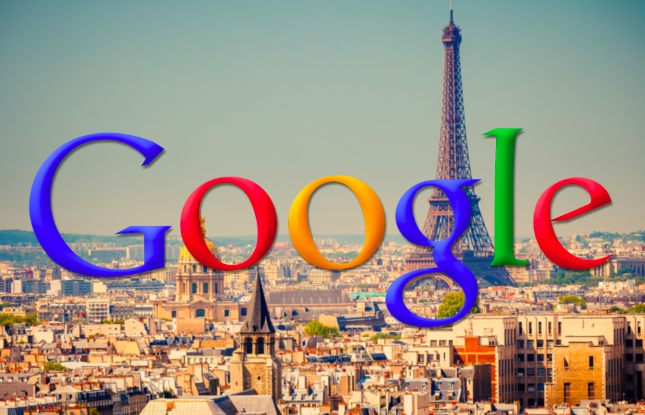 Google has proposed a settlement to the European Commission that involves making legally binding changes to its search results in Europe. If this agreement is adopted, Google will change its results page by clearly highlighting search results from its own services and including links to rivals.
Google has proposed a settlement to the European Commission that involves making legally binding changes to its search results in Europe. If this agreement is adopted, Google will change its results page by clearly highlighting search results from its own services and including links to rivals.
This proposal is now up for “market testing,” which means that people can submit comments and the European Commission will decide whether the agreement puts the EC’s antitrust concerns to rest. It follows a three-year investigation by the European Commission that opened in 2010 after rival companies such as Microsoft, smaller European competitors, and consumer rights groups like the European Consumer Organization (BEUC) accused Google of wrong-doing.
“We are concerned that the dominant search engine, Google, may have abused its position in the search market to direct users to its own services and secondly to reduce the visibility of competing websites and services,” wrote head of the BEUC Monique Goyens in a letter to EU antitrust commissioner Joaquín Almunia. “Google continues to expand its areas of activities and develop its own services and products. Given its role as gatekeeper to the Internet, Google is in a unique position to restrict access to its competitors and direct traffic to its own services.”
According to the New York Times, Google’s proposed settlement does not involve changing the algorithm that produces search results and the changes will not be widely seen for at least a month. The biggest change will be in the area of “vertical search” on topics like shopping and travel, which yielded complaints from competitors like Expedia, Yelp, and TripAdvisor who felt Google was favoring its own results over theirs. The agreement will be legally binding for five years. If Google complies, it avoids fines of up to 10 percent of global annual sales, formal finding of “wrong-doing,” and expensive and drawn out antitrust battles.
“We are becoming increasingly concerned that effective and future-proof remedies might not emerge through settlement discussions alone,” said the letter signed by the group. “In addition to materially degrading the user experience and limiting consumer choice, Google’s search manipulation practices lay waste to entire classes of competitors in every sector where Google chooses to deploy them.”
However, this agreement may not appease the group of 11 complainants who recently banded together to send Almunia a letter asking for stronger measures than a settlement.
ComScore found that 86 percent of all online searches in Europe are conducted using Google. Large companies, like Microsoft, Expedia, and TripAdvisor, and smaller competitors such as Foundem and Streetmap EU in the U.K., French price comparison site Twenga, and three German companies, claim that Google’s promotion of its own content creates an unfair advantage. They are seeking to level the playing field.
This agreement lays out different requirements for various Google services, depending on how they make money. For services like Google Plus Local and Google News, Google just has to clearly label them as Google-owned properties. In areas that involve paid advertisements, Google has to show three links to competitors. In areas where all search results are paid ads, Google will auction links to rival sites.
Google’s only on-the-record statement at this time is “we continue to work cooperatively with the European Commission.”

